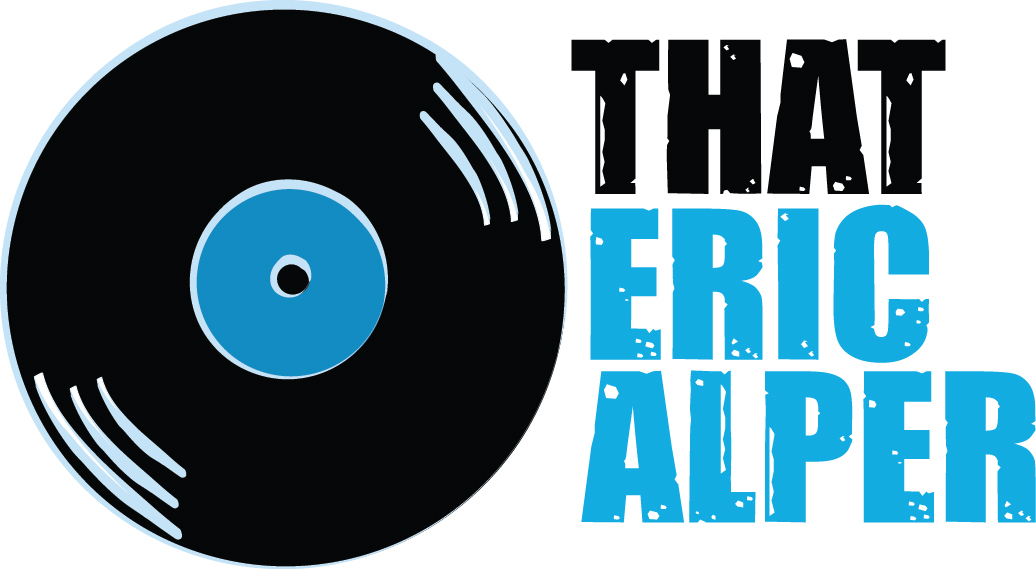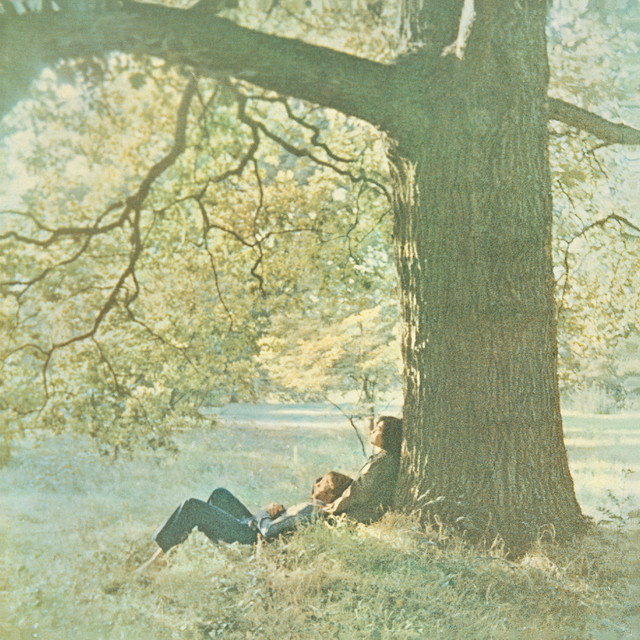When John Lennon released his debut solo studio album, John Lennon/Plastic Ono Band, on December 11, 1970, it was met with mixed reviews. Over time, it has come to be celebrated as his most powerful solo work—a raw, soul-baring album shaped by primal scream therapy and a reflection of Lennon’s turbulent life. But even the most devoted fans might not know these five fascinating facts about this iconic album.
- A Therapy Session Turned Soundtrack
The album’s emotionally charged lyrics were deeply influenced by John Lennon’s primal scream therapy sessions with Arthur Janov. This psychological process pushed Lennon to confront his childhood traumas, which led to songs like “Mother” and “God” that bristle with vulnerability and self-discovery. - The Beatles Were Still a Shadow
While Lennon declared in the song “God” that he no longer believed in the Beatles, their legacy was palpable. Tracks like “Look at Me” reused fingerpicking techniques he learned during the band’s White Album sessions, and his former bandmate Ringo Starr played drums on the record. - A Call to Phil Spector—Via Billboard Ad
When Lennon wanted Phil Spector to co-produce the album, he couldn’t reach him directly. Instead, his manager placed an ad in Billboard magazine that read, “Phil! John is ready this weekend.” Spector eventually joined the project, though he wasn’t present for much of the recording process. - A Birthday Gift from George Harrison
On Lennon’s 30th birthday, during the recording of Plastic Ono Band, George Harrison brought a tape of a playful tune titled “It’s Johnny’s Birthday” to the studio. This moment of camaraderie showcased a rare moment of joy during the otherwise intense recording sessions. - An Album That Echoed Childhood Rhymes
The closing track, “My Mummy’s Dead,” borrows its melody from the nursery rhyme “Three Blind Mice.” This haunting choice underscored the album’s themes of childhood abandonment and emotional scars.John Lennon/Plastic Ono Band stripped away the veneer of stardom to reveal raw humanity, inspiring countless artists to do the same. From its stark production to its unfiltered emotion, it remains a milestone in rock history—a work that connects with listeners on the deepest level.


